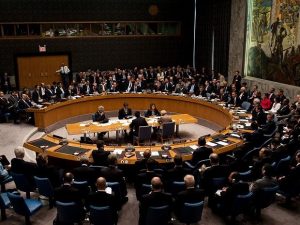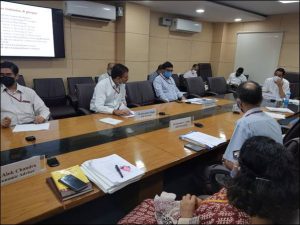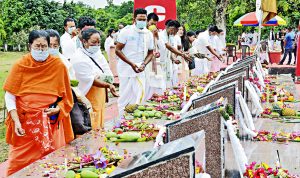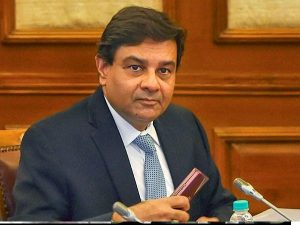VisionIAS
16:44

1) World Refugee Day celebrated on 20 June

•The theme of World Refugee Day 2020 is “Every Action Counts”.
2) India to become UNSC President for August, 2021

•According to the rules, India will assume the rotating presidency of the United Nations Security Council for the month of the August 2021. India, Norway, Ireland, Kenya and Mexico were recently elected as the non-permanent members of the council. These countries have been elected for a two-year term which will begin from 1st January, 2021.
3) Union Minister launches R&D Portal “SATYABHAMA”

•The R&D Portal SATYABHAMA has been designed, developed and implemented by National Informatics Centre (NIC), Mines Informatics Division. It has been integrated with NGO Darpan Portal of NITI Aayog. It also accepts the researchers’ progress reports and Final Technical Reports of the projects in the electronic format.
4) Manipur celebrated 19th Great June Uprising Day

•In June 2001, the Union government signed the amended ceasefire agreement with the NSCN(IM) and inserted the words “without territorial limits”, following which people came out in streets to protest and there was arson at many places. To control the uprising, security personnels resorted to firing leading to death of 18 persons.
5) Urjit Patel appointed as Chairman of economic think tank NIPFP

•Urjit Patel has earlier served as the Governor as well as the Deputy Governor of the Reserve Bank of India (RBI). He resigned as the Governor of RBI in December 2018.
6) RIL reaches $150-billion market valuation mark

•With this achievement, the market capitalisation of Reliance Industries Limited is more than that of Total SA, Royal Dutch Shell and BP among the top global energy players.
7) Ganguly & Chhetri signed as brand ambassadors of JSW Cement

•Sourav Ganguly is the former Indian cricketer and captain of the Indian Cricket team. He is presently serving as the president of the Board of Control for Cricket in India (BCCI). Sunil Chhetri is the captain of the Indian national football team and Bengaluru FC.





